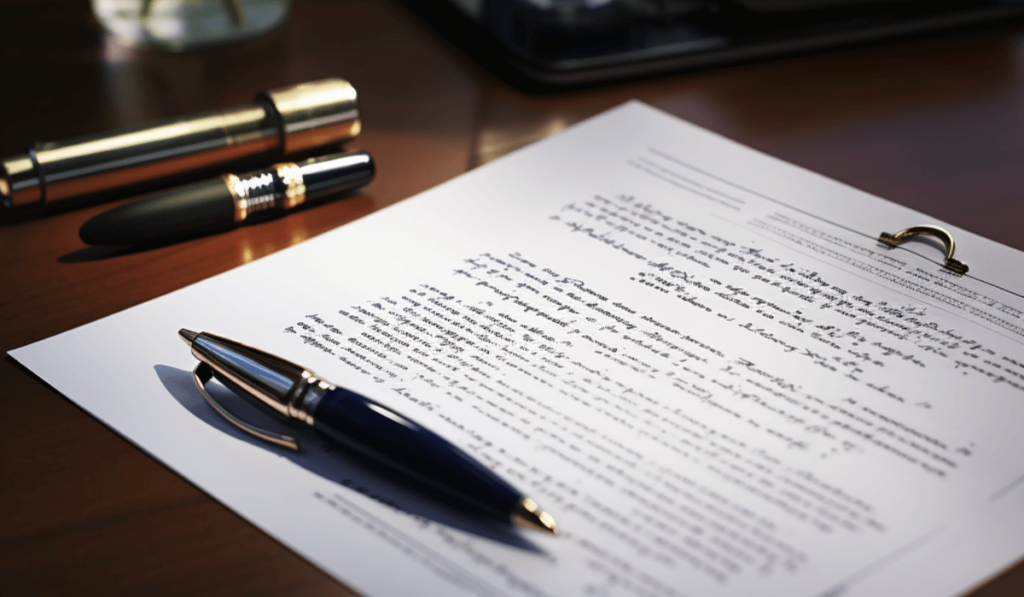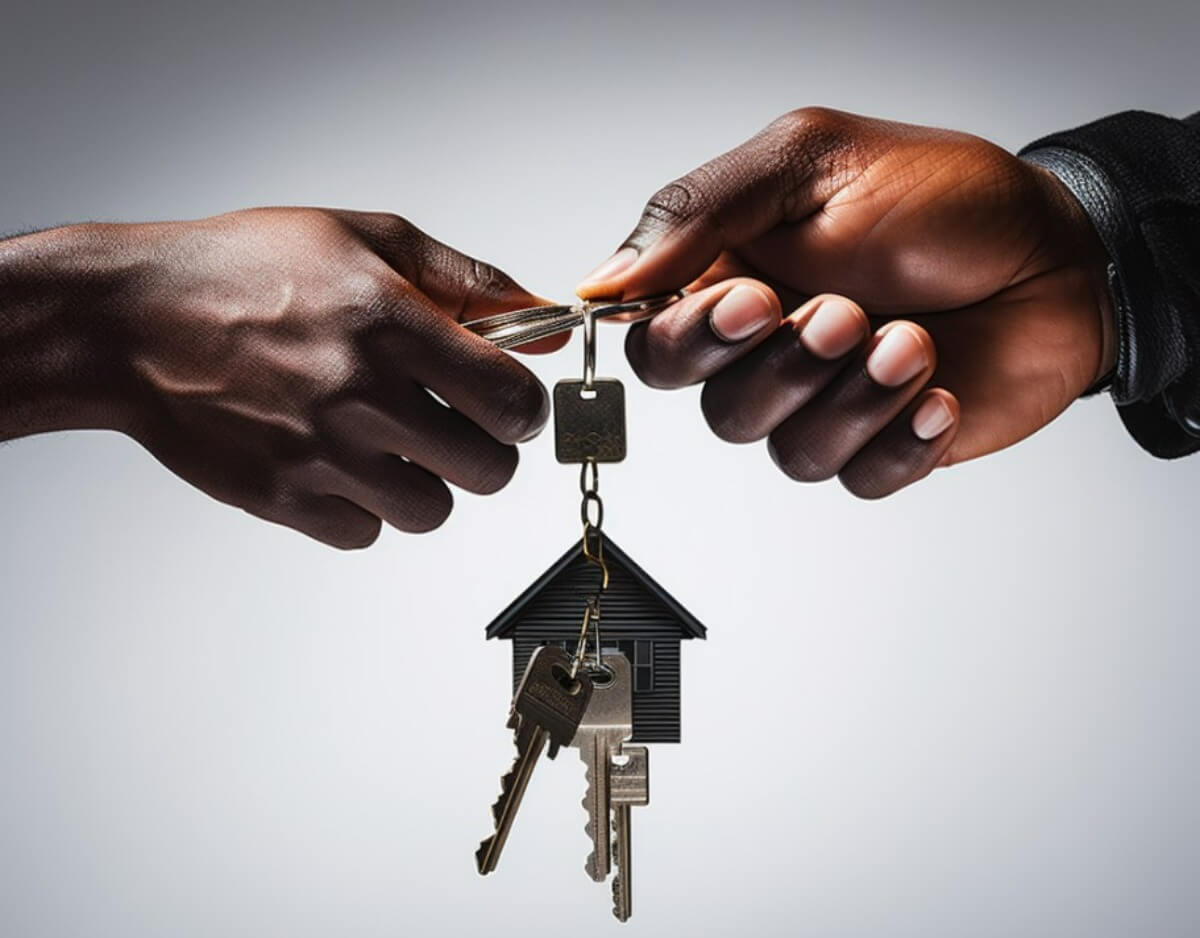If you have real estate, it is critical to put it to good use. You can choose to use the property to multiply your income streams and wealth or hibernate and sell in future. Landlords have many options when deciding to monetize their real estate at the present time. Leasing and renting are probably two of the most common ways property owners can profit from their investment.
Before deciding which one to venture into between leasing and renting, you should understand their advantages and disadvantages. Each investor has their strongholds that will make either option work for them.
Table of Contents
Leasing vs Renting
Many people consider leasing and renting a house or an apartment the same thing, while they have a huge difference. Technical differences include;
- In leasing, the parties involved are the lessor and the lessee; in renting, they are the landlord and the tenant.
- In leasing, you enter into a long-term contract; in renting, you enter a short-term agreement.
- In leasing, once the contract starts, you cannot make any amendments; in renting, the landlord can make changes whenever necessary.
- In leasing, the lessee is responsible for maintaining the property, while maintenance of a rented property is the landlord’s responsibility.
- At the end of the leasing term, the lessor can offer to sell the property to the lessee, while in renting, no such offer is given.
- In leasing, the lessor receives payment in monthly instalments, while there is no specific order in renting. It can be monthly, quarterly, semi-annually or even yearly.

Renting Fundamentals
Renting it temporarily letting out your property is exchange for payment. This can be daily lets such as Airbnb and monthly letting such as for rental apartments and commercial spaces.
Advantage of Renting
Below are the advantages of renting a your property;
- Passive income stream;- Renting out your property provides you with passive income while building equity. You will not have to work so hard to maintain your income from renting. Your property will also appreciate in value and hence build your equity.
- Guaranteed property security;- Your tenants will also provide security to your property. You will have peace of mind knowing that known people occupy your property, and the probability of it being vandalized or illegally occupied will be significantly lowered.
- Easy access to the property;- Renting provides flexibility in decision-making concerning the property. If you want to sell the property and the market conditions are not conducive, you could wait for a better time when they are favourable. You could also reoccupy the property if you plan to move out of it only temporarily.

READ ALSO: 10 Questions To Ask Before Signing a Lease Agreement
Disadvantages of Renting
Below are the disadvantages of renting a your property;
- Difficult tenants;- You may not always land tenants that are easy to get along with. Some can be difficult. You may need the help of property management service providers to help you handle issues like screening potential tenants, collecting rent, and taking charge of routine maintenance and repairs at a fee.
- Uncertain demand;- Depending on your target market, you may not always have tenants to occupy your property. Sometimes you might stay for months without a tenant. In that case, you might have to depend elsewhere for income and dip into your pockets to cater for expenses incurred in the unoccupied property.
What Is a Lease?
A lease is a legal contract in which the landlord, the lessor, allows the interested party, the lessee, to use their real estate, land or buildings for an agreed period, usually a year or more, in exchange for money.
Leasing means entering into a lease agreement, while renting out means you are agreeing for people to use your property for a short term in exchange for money.
Advantages of Leasing
Below are the advantages of leasing a your property;
- Stricter legal conditions;- Leasing allows you to retain control over your property within determined legal limits as per the lease agreement.
- Guaranteed income stream;- The prolonged lease period provides you with steady income streams for a more extended period which, in case of a mortgage, you could use to pay off as you work towards building equity from the property.
- Better tax benefits;- You could claim tax benefits like investment allowance, tax benefits and so on while reaping from deductions on loan interests.
- Owner rights protection;- The owner can repossess their property if the lessee breaches the contract by failing to pay the instalments during the lease period.
READ ALSO: Rent to Own Kenya: Everything You Need to Know
Disadvantages of Leasing
Below are the disadvantages of leasing a your property;
- Being a long-term investment, it will take a long time to recover the initial cost incurred on the leased property by the lessor.
- Fixed income:- In leasing, you lose the advantage of increasing rental price, primarily due to inflation, as the terms remain fixed throughout the lease period.
- Demand unpredictability;- Maintaining the efficient management of cash flows is not always straightforward due to market inconsistencies, so it can be challenging to determine the venture’s success.
Rental House Agreement
Some landlords use the services of a legal practitioner when writing down a rental house agreement, while others prefer to do it themselves. Whichever method you go for, understand that you must insert some crucial clauses in your rental house agreement. They include but are not limited to:
- The name, specific address of the property you are renting out and contact information of the tenants you are entering into an agreement with.
- Specify the tenancy term and termination notice period for the landlord and tenant. These must be per the governing laws of the place your property is located.
- You should include the rent amount you are charging per agreed period and any other charges like security deposit and additional utility fees they will be required to pay.
- State clearly How many people may occupy the said property. For example, can the tenant rent the property to a third party?
- You should also state clearly the rules of the tenancy. In this case, include in the agreement the Do’s and Don’ts within your property and when you can terminate the agreement.
- Handling of property. State how you expect the tenant to handle your property. Who will be responsible in case of Damages beyond normal wear and tear?
- Signatures. You must provide space for the tenants to append their signatures to validate the agreement.
READ ALSO: 6 Scams Renters Fall For and How to Avoid Them
Leasing Agreement

A leasing agreement is similar to a rental house agreement, except you have to include the property details, like the size of the property and all amenities and identifiers therein. It also contains lease specifics, like what type of lease it is and the expected end date.
Once the contract begins, you cannot change, add or remove clauses until the lease ends. Therefore, you must be very careful to include all and not omit terms and conditions you would like the lessee to consider from the onset.
It is wise to use the services of a legal practitioner in your locality who understands the law well concerning leasing property. They can help interpret every clause to ensure you do not shortchange yourself when leasing your property.
In Conclusion
It would help to critically examine the options to lease or rent as a property owner. Both options can be very promising while at the same time risky. It is advisable to choose the one that promises more profit with less risk if you are not a risk appetite investor.
READ ALSO: Common Reasons for Tenant Eviction and How to Avoid Them



